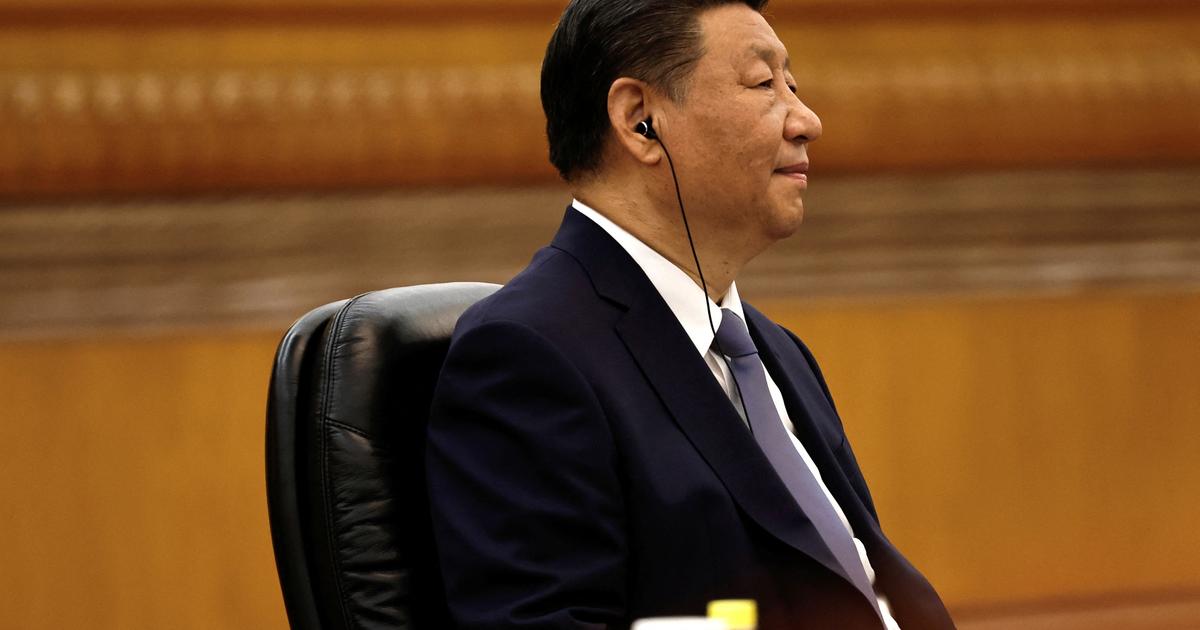China Opts Out of Swiss-Led Ukraine Peace Conference: Implications and Reactions
China has confirmed that it will not participate in the upcoming peace conference on Ukraine scheduled to be held in Switzerland on June 15 and 16. According to sources cited by Reuters, Beijing declined the invitation, primarily citing the absence of Russia as a significant factor for its non-participation. The Chinese Foreign Ministry has yet to comment on the matter.
The conference, organized by Switzerland, aims to serve as a platform for high-level dialogue to identify paths for a comprehensive, just, and lasting peace for Ukraine. The Swiss Department of Foreign Affairs announced that the conference will bring together representatives from member states of the G7, G20, BRICS, other countries, the EU, and international organizations such as the UN, OSCE, and the Council of Europe. Unfortunately, Russia was not invited, leading to criticisms from Russian diplomacy, which labeled the event as a project of 'American Democrats.' The United States has confirmed their participation.
China's non-participation underscores the complex geopolitical landscape surrounding the Ukrainian conflict. Although Beijing has consistently called for the respect of territorial integrity, including Ukraine's, it has also emphasized the importance of considering Russia's security concerns. This diplomatic stance mirrors China's ambiguous position on the conflict, as it hasn't condemned Russia's invasion of Ukraine since it began in February 2022.
Meanwhile, on the ground in Ukraine, the conflict rages on. Russian Foreign Minister Sergei Lavrov suggested that China might organize a future peace conference inclusive of both Russia and Ukraine. Lavrov emphasized the necessity of addressing the 'root causes of the conflict' and protecting the legal interests of all parties involved. However, he reiterated Russia's condition that any talks should recognize the gains made on the ground, a demand firmly rejected by Kiev.
NATO's ongoing discussions further highlight the increasing global involvement in the conflict. The organization is set to consider a €100 billion ($108 billion) plan to shift the responsibility for joint aid to Ukraine from the U.S.-led initiative to NATO itself. This move signals a potential escalation in military support for Ukraine, even though NATO officially maintains a non-combatant role to avoid being seen as a direct party to the conflict.
As tensions escalate, military engagements continue unabated. Russian air defenses reportedly intercepted eight American Atakum missiles over the Sea of Azov and shot down drones over the Black Sea near Crimea. In response, Ukraine announced that it had destroyed several missiles and drones launched by Russia, with casualties reported in multiple regions due to Russian missile attacks.
- The Swiss Foreign Minister, Ignazio Cassis, has emphasized that a peace process cannot exclude Russia, even acknowledging Russia's absence at this first meeting. This stance reflects the understanding that sustainable peace efforts will require the involvement of all major stakeholders.
- Additionally, Lavrov's comments about potential nuclear deterrence measures underscore the precarious nature of the conflict. His remarks came in response to NATO's plans to supply Ukraine with nuclear-capable F-16 fighters. Lavrov warned that the ongoing Russia-Belarus military exercises aimed at the use of non-strategic nuclear weapons should serve as a deterrent to further escalation by NATO and the United States.
- Despite the diplomatic efforts, the ground reality remains grim. Regular bombardments and missile strikes have become a daily occurrence, causing significant casualties and destruction. The conflict has led to severe humanitarian crises, with both sides accusing each other of escalating violence.
- There is a growing consensus among international observers that a multi-faceted approach is required to address the humanitarian, political, and security dimensions of the conflict effectively. The Swiss-led conference, despite China's boycott, remains a crucial step towards initiating such a comprehensive dialogue.






